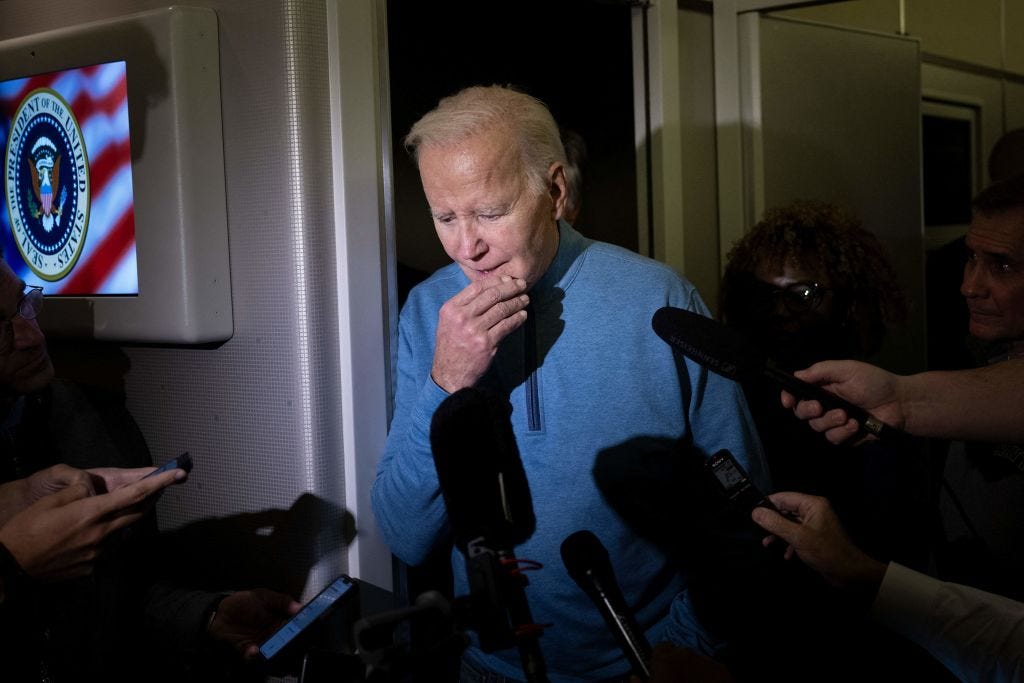Pandemic is heading into its "darkest days," Biden coronavirus advisory board member warns
Top epidemiologist Michael Osterholm, a member of President-elect Joe Biden's new coronavirus advisory board, is warning Americans of a "perfect storm" forming amid surging coronavirus cases in parts of the country. Osterholm told "CBS This Morning" Tuesday that hospitals are "about to be overrun" with new cases.
"You know, on Labor Day we were 32,000 cases a day in this country, now we're running in the 120 to 130,000 cases a day," Osterholm said. "Do not be at all surprised when we hit 200,000 cases a day."
Osterholm, director of the Center for Infectious Disease Research and Policy at the University of Minnesota, is one of 13 public health experts Mr. Biden named to his task force Monday. The advisory board's overall aim will be to advise the incoming president on the best courses of action regarding the pandemic.
Though he said it was too early to list any of the board's specific goals, Osterholm said he was "encouraged" by his colleagues' credentials as well as Biden and Vice President-elect Kamala Harris' commitment to "critical issues."
"I think that that has been clear for months, in terms of listening to the discussion about this, is that science has to run the day. I think that that's what's going to happen here," he said.
Drugmaker Pfizer's Monday announcement of a vaccine that they claim is more than 90% effective added to the scientific community's optimism in the battle against the virus.
Osterholm, however, warned that the worst days of the coronavirus pandemic lie ahead.
"We're going to see by far the darkest days of this pandemic between now and next spring when the vaccine becomes available," he said.
Health Secretary Alex Azar, who also joined "CBS This Morning" Tuesday, said Pfizer's vaccine could begin rolling out as early as December to those who are "most vulnerable."
"Then by the end of January we would have enough for all of our health care workers and first responders," Azar said. "By the end of March to early April, we should have enough for all Americans of not just Pfizer but of course the other vaccines in our portfolio."
Osterholm praised the outgoing Trump administration's efforts in vaccine research, but added that there would be challenges in distributing it — particularly when it comes to hospital systems, which run the risk of tying up their critical resources in virus treatment as ICUs around the country are already overwhelmed. The strain could leave relatively few resources available for prevention through vaccination.
"We're very concerned about that," Osterholm said. "We are very concerned about the shortage of staff now just to treat patients, then to try to overlay the vaccine issue even within the health care setting itself is going to be a challenge."





